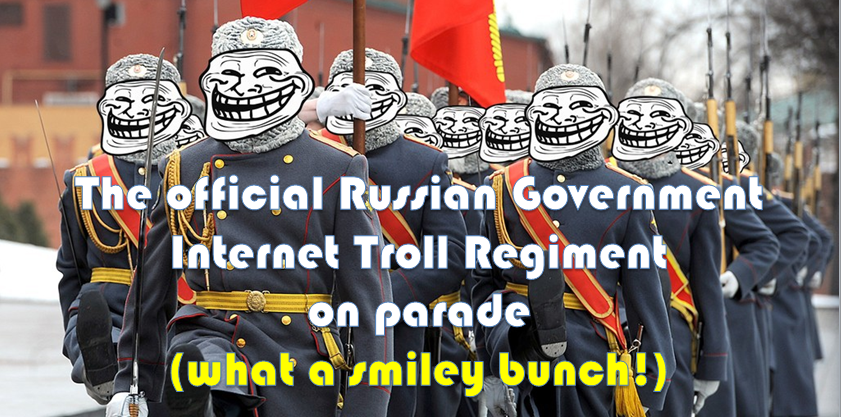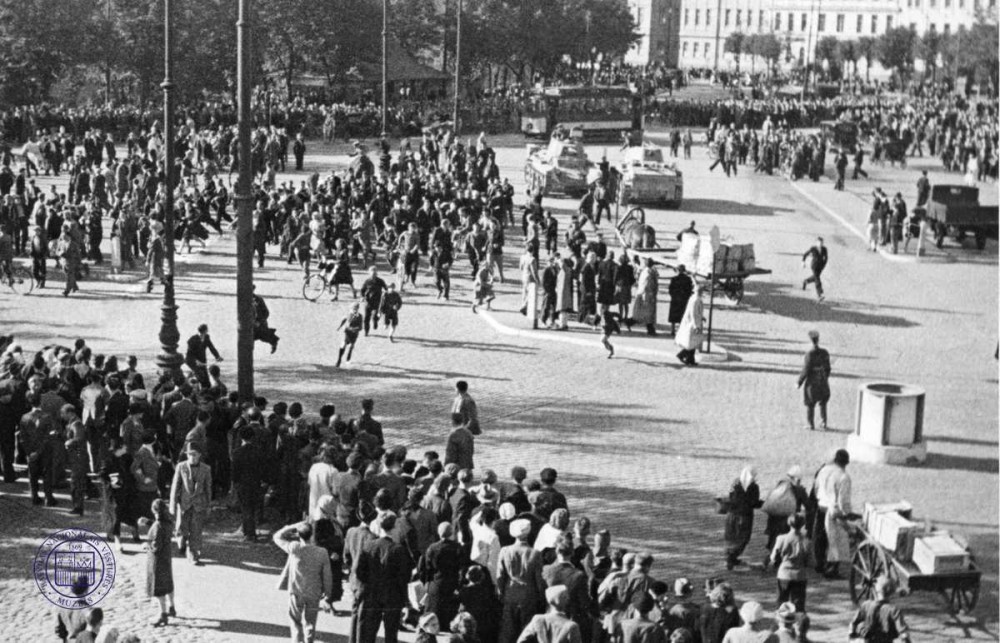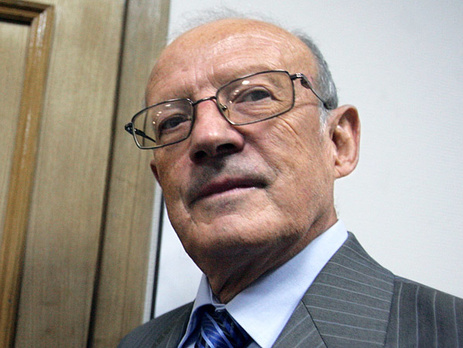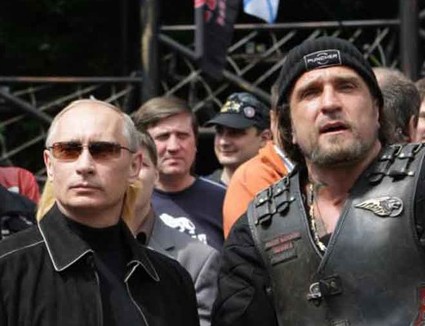After Russia jailed Estonian security official Eston Kovher, Estonia expressed an intention to fence off the Russian border. This has been ridiculed by pro-Kremlin sources (which is generally the sign one is doing something write). Ukrainian opinion journalist Vitaliy Portnikov explains why building the fence is a good idea.
Out of the three Baltic states only one – Lithuania – has no border with the contiguous Russian Federation. However, it’s Lithuania that controls shipments to Russia’s European exclave of Kalinigrad. Thus, during a possible military conflict with Moscow Lithuania could feel at least relatively safe. This isn’t the case with Latvia and Estonia. Their intention to build fortifications that could act at least as a forward barrier to a possible aggression, giving time to deploy main NATO troops, is understandable.
But it’s not only about possible Russian invasion of Estonia and Latvia (however, given the overall level of Russian leadership’s insanity, you can’t dismiss that possibility). It’s not even about migrants coming through the Russian border in search of a better life in the EU.
The issue is that the current Russian border with Latvia and Estonia is transparent for Russian security forces. This is well illustrated by the story of Estonian intelligence officer Eston Kovher, kidnapped by Russia’s Federal Security Service (FSB) thugs in his own country and later sentenced to prison in Russia for illegal border crossing, among other things.
There are several points to take from this story. Firstly, FSB operatives can easily get across a NATO and EU member’s border. Secondly, they may control smuggling traffic. Judging by the circumstances of Kohver’s case, he tried to disrupt a Russian smuggling operation, perhaps not even realizing that Russian special forces and criminals might be the same people. Thirdly, Russia’s leadership will always take the side of the criminals, not the law. All of the above is a good case for building a wall on the Russian border.
This isn’t just a wall to protect from invasion. This is a wall to protect from organized crime that has occupied Russia and is aiming for other territories.
Vitaliy Portnikov, Ukrainian journalist and political analyst








